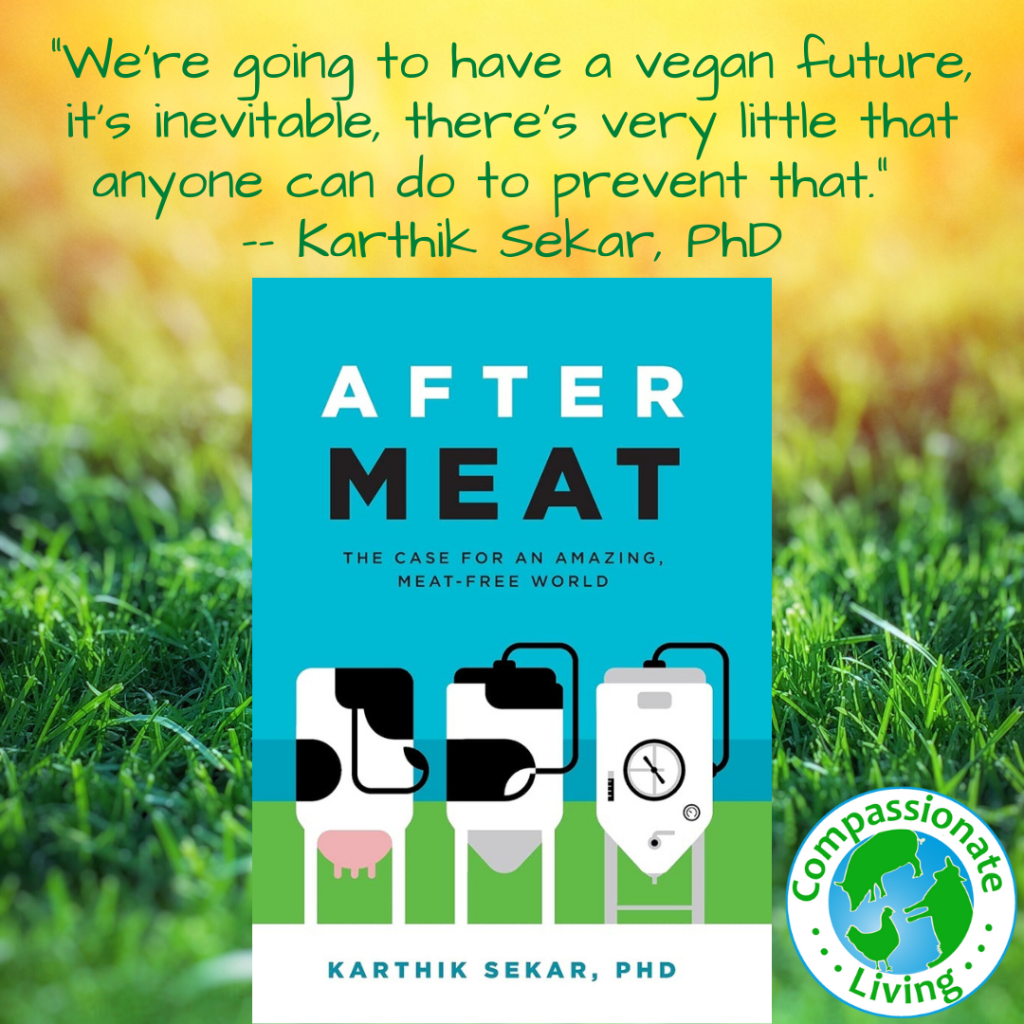I’m writing this post in support of Felisa Wolfe-Simon and her coauthors, and to admonish the journal Science, in particular, editor-in-chief Holden Thorp, for unjustly retracting the 2011 paper “A bacterium that can grow by using arsenic instead of phosphorus.” Retractions should be reserved for research misconduct, not when a paper is “proven” later to be incorrect. Based on the timeline and actions that I learned from Felisa and highlighted in the recent New York Times piece, I believe that Thorp is acting with personal grievance rather than with the best interest of the scientific process. Thorp cites evolved norms that purportedly give new grounds and states “Science’s standards for retracting papers have expanded.1” This retraction sets a dangerous precedent: folks in positions of power in the scientific establishment determine what is and isn’t science. If the retraction is not reversed, I call for a boycott on Science from the academic community: no submissions, no peer reviews, and no subscriptions.
Furthermore, I believe that Felisa has been victimized in this process and unfairly convicted in the court of public opinion in a way where folks are overlooking the travesty of Thorp’s actions. Her team was exceedingly thorough, honest, and operating well within the standards of scientific research.
To take a step back and summarize: for the longest time, researchers believed that all DNA—present in all life, including humans, bacteria, animals, and plants—had the same chemical makeup of carbon, nitrogen, oxygen, hydrogen, and phosphorus. In particular, phosphorus is an essential part of the DNA backbone. Felisa’s team discovered bacteria GFAJ-1 at Mono Lake, California that seemed to incorporate arsenic directly into DNA, stepping in for phosphorus to stabilize the DNA—a feat unheard of. Their paper presented multiple lines of evidence indicating this arsenic substitution.
During my doctoral studies, I recall Felisa’s team’s paper dropping like a nuke into the academic news world. As the NYT piece highlighted, the burgeoning scientific blogosphere and Twitter mobilized, which culminated in sincere scientific concerns but also personal attacks laced with jealousy and animus. As an impressionable grad student, I recall also assuming the worst and fell in line with the prevailing opinion.
Critically, Felisa couldn’t defend herself. She was pressured from making public statements, even to address personal attacks. This enforced silence created a perception of guilt, while media coverage and social media amplified the critics’ voices, making them appear definitively correct.
The situation parallels the media frenzy around the American exchange student Amanda Knox, who was publicly vilified for allegedly murdering her roommate Meredith Kercher in Perugia, Italy. The nascent internet and 24-hour news cycle fixated on Knox’s behavior—such as not showing “appropriate” remorse in video footage taken before she even knew about Kercher’s murder. Knox has since been exonerated, proving she was wrongfully convicted.
Similarly, I believe the public and scientific community have been misled about Felisa, transforming her into a pariah based on a one-sided narrative. Even her Wikipedia entry perpetuates this character assassination with loaded statements like “As of May 2022, the paper has not been retracted.” (It’s worth noting that Felisa has been barred from editing this page herself.) We shouldn’t allow this biased framing to legitimize Thorp’s retraction decision.
Let me be clear: I’m not claiming irrefutable proof that arsenic incorporates into GFAJ-1’s DNA. Scientific knowledge evolves as we learn more and test previous conclusions. This happens routinely. Scientists initially concluded that ulcers resulted from stress (1950s-1970s), before it was discovered they were actually caused by bacteria. Importantly, those original papers weren’t retracted because no misconduct occurred—the authors drew reasonable conclusions based on their available data. This is how science works, and how Science should work.
The authoritative guidelines from the Committee on Publication Ethics (COPE) specify that retractions are appropriate for falsification, fabrication, plagiarism, major errors, compromised peer review, or unethical research practices. None of these criteria apply to the arsenic DNA paper.
Felisa’s team reached reasonable conclusions based on their evidence using three complementary approaches: (1) cultivating bacteria in media containing arsenic but lacking phosphorus, (2) measuring arsenic and phosphorus in bacteria under different conditions using mass spectrometry, and (3) x-ray data suggesting arsenic substitution for phosphorus in various biological molecules, including DNA.
When I reviewed this paper fifteen years later with substantially more scientific experience, I’m impressed by its methodological thoroughness. The claim was certainly bold, but the team employed three distinct and substantial approaches to support their hypothesis about arsenic incorporation into DNA.
Skepticism is certainly valuable in science, and many researchers expressed doubts. Several letters questioning the findings were published in Science six months after the original paper. These critiques raised reasonable concerns about the cultivation experiments (potential trace phosphate in the media) and DNA purification methods for mass spectrometry.
However, I’ve yet to see anyone adequately refute the third line of evidence—the x-ray data showing arsenic in DNA. Moreover, Felisa’s team never claimed complete replacement of phosphorus with arsenic. (Note: Science’s official press release about the paper didn’t help—it erroneously boasted to journalists that the “bacterium that can live and grow entirely off arsenic”).
What about minimal incorporation—perhaps less than 1%? This would still represent a revolutionary finding.
The two replication studies attempted to reproduce only the cultivation and mass spectrometry results, both reporting no detectable arsenic in DNA. But these findings don’t necessarily invalidate the original paper. Mass spectrometry has detection limits—it cannot identify individual arsenic molecules, requiring a minimum concentration. If arsenic incorporation fell below this threshold, the results would be inconclusive rather than contradictory.
Additionally, replication studies operate under different incentives than original research. While I’m not suggesting these researchers were careless, they lacked the motivation to invest months perfecting cultivation techniques, optimizing DNA isolation, or meticulously conducting mass spectrometry. Indeed, Felisa and the other original authors have highlighted key procedural gaps from these reproduction attempts.2 For the replication teams, publication in Science was guaranteed regardless of their results.
So, I don’t believe the refutation work has been as decisive as the writers of the GFAJ-1 Wikipedia page claim. But even if future research conclusively disproves Felisa’s team’s findings, that still wouldn’t justify retraction. It would simply represent the normal progression of scientific understanding.
I also feel uniquely positioned in that I’ve peripherally known Holden Thorp for nearly 20 years. I was an undergraduate at the University of North Carolina (UNC) from 2005 to 2009, during the time when Dr. Thorp quickly rose through the ranks, going from distinguished professor to dean of the College of Arts and Sciences to chancellor of the University all within my time there.
Thorp had a reputation for especially playing university politics well, particularly playing nice with donors. He resigned his chancellorship in 2013 amid the UNC sports academic scandal, where it came to light that an appreciable number of UNC athletes were relying on paper classes, where the sole deliverable was a modest paper at the end, to pad their GPAs and keep in good academic standing.
Thorp didn’t suffer too much, though, and took up the provost role at another lofty university, Washington University in St. Louis, for another six years before assuming the editor-in-chief role at Science. In addition to his role at Science, Thorp became a Professor of Chemistry at George Washington University in 2023.
Nearly a decade later, I responded to an editorial he wrote “Looking ahead, looking back.” Thorp laments the atrocities that were done in the name of science, and gives an example of a study in Science where the physiological effects of nuclear fallout were studied by injecting sodium iodide into children with developmental disabilities. Thorp writes:
“Science is not afraid to point out its role in supporting malicious science—it is history that should not be forgotten and can guide us in working with the community to confront shortcomings, past and present, in our pages and across the scientific enterprise.”
In my email to Thorp, I noted problems with animal experimentation. Where we’ve subjected animals to horrific experiments such as suturing the eyes of young monkeys shut to test sensory deprivation or sawing open brains of monkeys to inject toxins. The scientific benefit of these experiments is dubious—we don’t know if the findings apply for humans.
Thorp was directly party to some animal experimentation issues at UNC and supported legislation that would have needlessly punished whistleblowers who raise concerns about animal welfare misconduct at UNC research facilities.
He never responded to my email.
From my communication with Felisa and the details that have been shared with me, I don’t believe that Thorp has been acting in good faith during this process—he’s seemed undeterred and hellbent on retraction, merely looking for the right opportunity to do so. It’s hard to believe that, more than a decade after the initial study and controversy—complete with extensive peer review and editorial oversight followed by letters of concern and two replication studies, the journal suddenly now determines that “the paper’s reported experiments do not support its key conclusions.”
This comes at a time when there is record distrust in institutions. It’s disheartening to see the leader of one of our most venerated scientific journals politick the retraction of a paper. If institution leaders can autocratically determine what is and isn’t science, what does this mean for the future of vaccine and climate science?
1Thorp, Holden. EDITORIAL RETRACTION. 10.1126/science.adu5488
2Wolfe-Simon, Felisa et al. Arsenic Paper Rebuttal. 8 April 2025.



